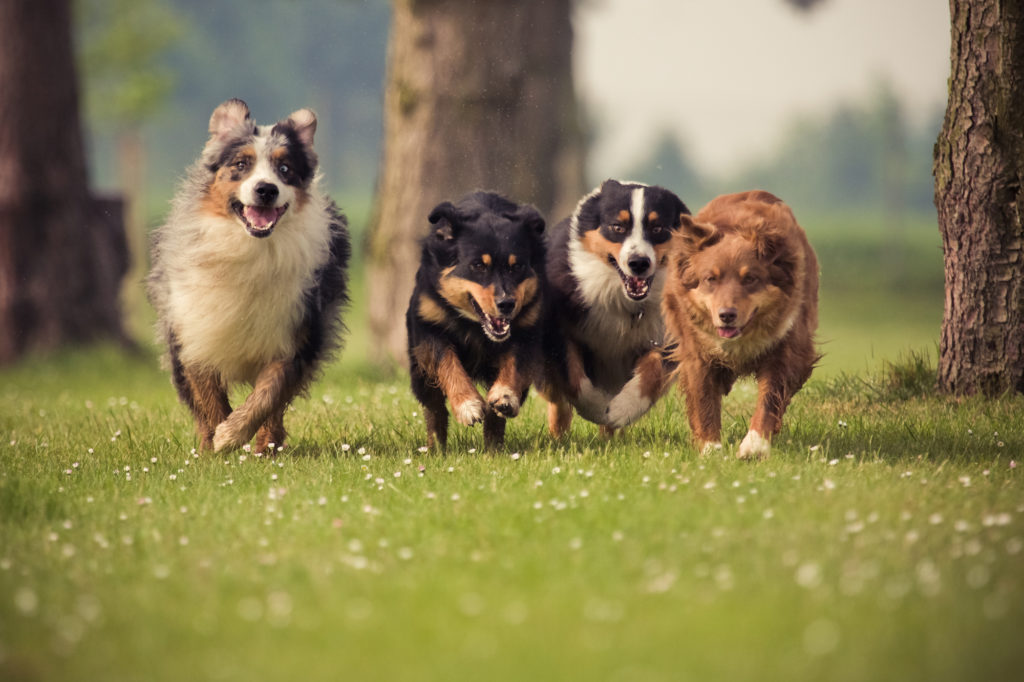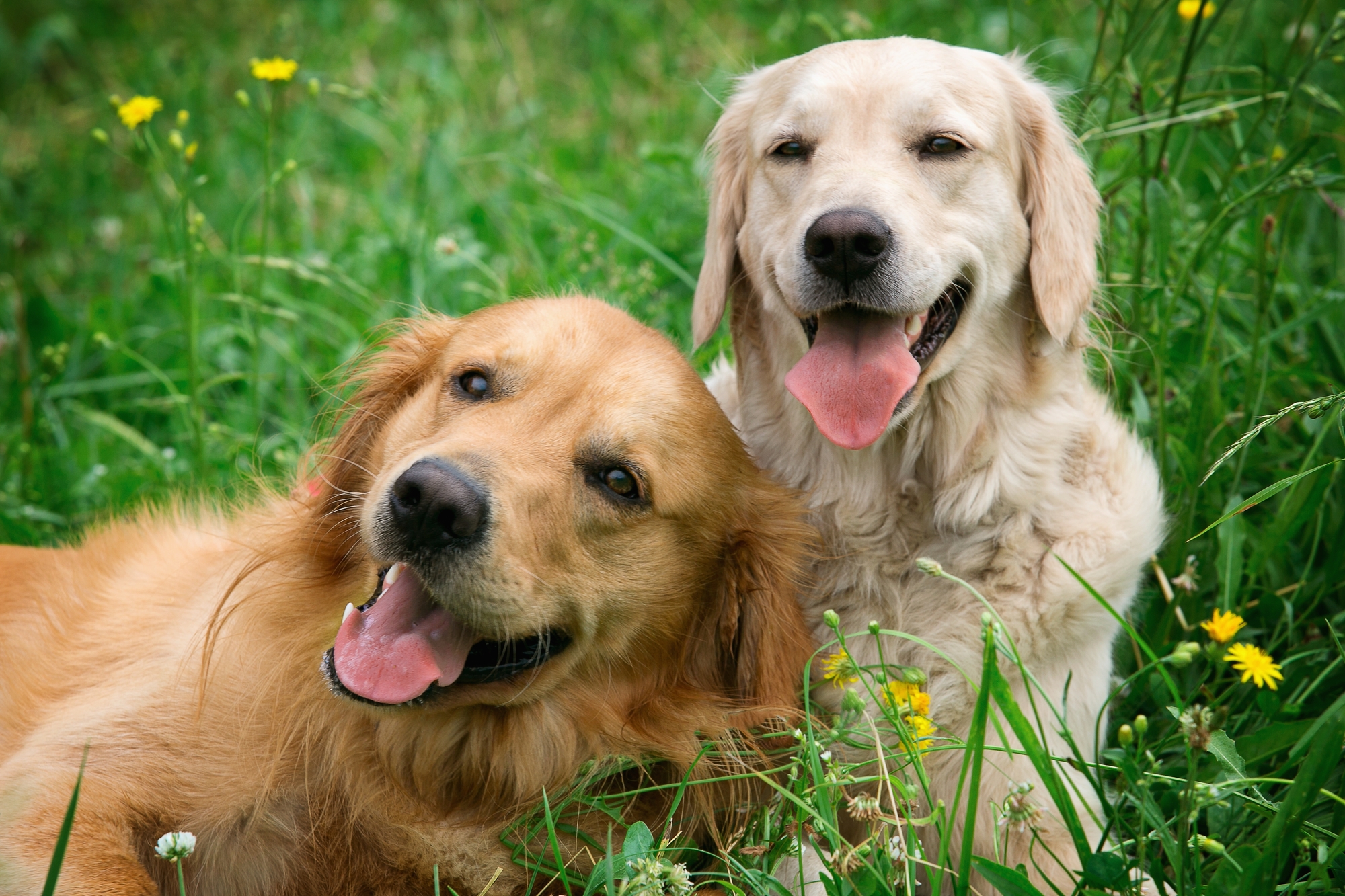In America, dogs are typically referred to as “man or woman’s best friend.” But what about dogs in the ancient world of the Bible? Perhaps surprisingly, the Bible references dogs on a number of occasions.
Contents
- 1 What Does the Bible Say About Dogs (KJV)?
- 2 What Does the Bible Say About Dogs Going to Heaven?
- 3 Does the Bible Say Anything Good About Dogs?
- 4 What Does the Bible Say About Dogs as Pets in the House?
- 5 What Does the Bible Say About Selling Dogs?
- 6 Are Dogs Unclean in the Bible?
- 7 What Does a Dog Symbolize in the Bible?
- 8 Is it a Sin to Kill a Dog?
What Does the Bible Say About Dogs (KJV)?
The word “dog” or “dogs” (Hebrew keleḇ; Greek kynarion and kyōn) appears 41 times in the King James Bible across the Old and New Testaments. A few examples of these are:
Dogs Were Common in the Ancient World
These examples show that dogs were near to, if not among, the Israelite community, such that mutilated animals could be cast to the dogs for them to eat. The references to dogs in the two proverbs indicate that the habits and behaviors of dogs were common knowledge in the ancient world. Thus the author is able to draw upon the image of a dog in his readers’ mind to make a vivid comparison between the wise and foolish.
These examples also show that dogs were common in communities during Bible times. The ubiquity with which dogs are referred in the Bible seems to speak to their being familiar and widespread in the ancient world.
What Does the Bible Say About Dogs Going to Heaven?
The Bible does not specifically mention whether or not dogs go to heaven. When the Bible does speak about heaven, it does not give a complete, detailed list of the things that believers will encounter in heaven. Rather, the biblical picture of heaven is just that: a picture, a glimpse into eternity, meant to stir our hearts and affections for the One who created both heaven and earth.
What Happens to Dogs When They Die?
The biblical picture of death could be described as shadowy, even for humans. What is described is somewhat limited in terms of details. Instead, the Bible focuses more on the theological perspective of life and death and eternity.
The Bible doesn’t speak directly to whether dogs will go to heaven when they die. It is clear, however, that only humans are made in the image of God.
Dogs in the New Heavens and New Earth
The biblical picture of heaven is more all-encompassing (both theologically and in reality) than the common description of heaven that one may hear in modern Christian circles.
For example, the Bible speaks of the peace of the New Heavens and New Earth using the language of animals: “The wolf and the lamb shall feed together” (Isaiah 65.25). Although this is probably meant to be a metaphor, the categories used in the metaphor help us understand its meaning, and one may assume that animals (including dogs) will part of the renewed creation.
Whether the language of the Bible speaks to a renewed heaven and earth or one that is completely new is debated. In either case, there seems to be an underlying assumption that earth as we know it will have some continuity with heaven. In Genesis, God gave us a precursor to heaven, the Garden of Eden, which certainly included dogs. This allows one to conclude that dogs will exist in the New Earth.
Does the Bible Say Anything Good About Dogs?
While there aren’t examples of the Bible speaking highly of a dog, there are a few occasions when the Bible speaks of dogs in a manner that would imply they were present, nearby, and fed.
What Does the Bible Say About Dogs as Pets in the House?
The Bible doesn’t speak specifically to having pets in the house. However, one might assume that if dogs were eating table scraps, they were present in the house and were not shewed away, even for mealtime.
What Does the Bible Say About Selling Dogs?
There are some people who interpret this passage as implying that dogs can be bought or sold, which is the image . However, many scholars agree that this verse is actually speaking about male prostitutes, with “dogs” being used figuratively. In either case, the selling of “dogs” was forbidden in the house of the Lord.
Are Dogs Unclean in the Bible?
According to the ceremonial law of the Old Testament, as detailed in places like Leviticus 11, dogs were considered unclean.
It should be noted, however, that the issue of clean versus unclean animals in Leviticus is primarily addressing what animals the Israelites were permitted to eat.
However, the Levitical code concerning animals does not specify whether it would be permissible to be near an “unclean” animal such as a dog, only that coming into contact with its dead body would make an Israelite unclean for a few hours. Presumably it would not, since avoiding close proximity to a host of animals while living in an agrarian society would be impossible.
Lastly, it should be noted that the ceremonial laws of clean versus unclean as it pertains to animals are done away with in the New Testament. As the gospel reaches beyond the Jewish locales and into the gentile world, so too are the food laws eclipsed by the multiethnic reality of the new kingdom established by Jesus Christ (Acts 10:13).

What Does a Dog Symbolize in the Bible?
Biblical authors often used dogs in metaphors, knowing very well that the audience would understand the meaning. The ways in which dogs are used in biblical metaphors and other figures of speech says something about how dogs were viewed in biblical times.
Nevertheless, the picture we get of dogs from these biblical metaphors is varied. Oftentimes, the picture we get of dogs tends to be unfavorable. In some instances, the picture we get of dogs speaks to their value.
Dogs as a Picture of Something Insulting
Here, referring to one’s self as a dog is symbolized as something entirely negative. It is the insult of insults.
Dogs Symbolizing Something Spiritually Dangerous
These examples reveal that dogs were sometimes symbolized as dangerous, devouring creatures, much as wolves may be thought of in both biblical and modern times. The image serves as a parallel to the ways in which Christians’ spiritual lives are at times in danger from an outside attack from the enemy.
Dogs Symbolizing Something Valuable
Keeping with the logic of this text, the first picture is of a common ritual that would seem benign, the second is something that would seem utterly wrong. With this in mind, the “cut[ting] off a dog’s neck” fits with something that would have been held in contempt, here called an “abomination”, which leads one to conclude that dogs were to be treated respectfully.
Is it a Sin to Kill a Dog?
While the Bible doesn’t specifically mention whether or not it is a sin to kill a dog, we can see in this example that the picture of killing a dog is meant to be as graphic as it is uncouth, as grotesque as it is abominable. Therefore, killing a dog for no purpose is assumed to be a sin.
On the other hand, there are many cultures in which dogs are a source of sustenance. The question of whether or not it is a sin to eat a dog is more clear. In Acts 10:13, the Lord does tell Peter that it is now okay to eat things that were once considered to be unclean.

